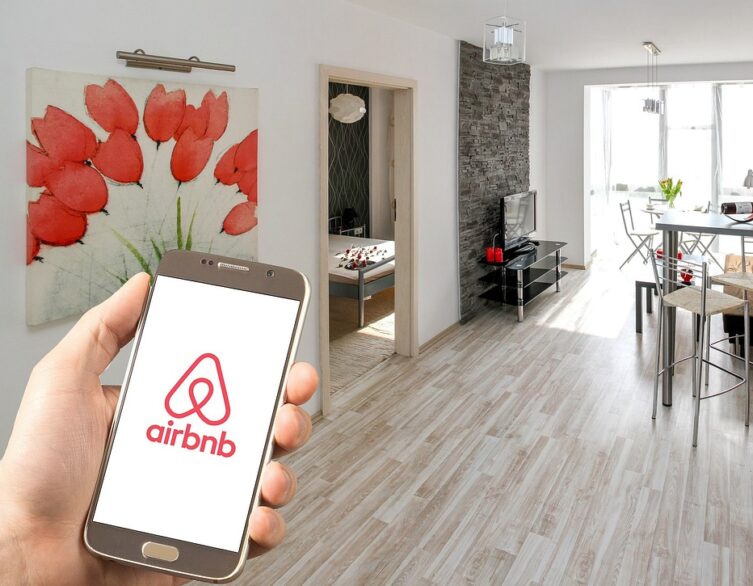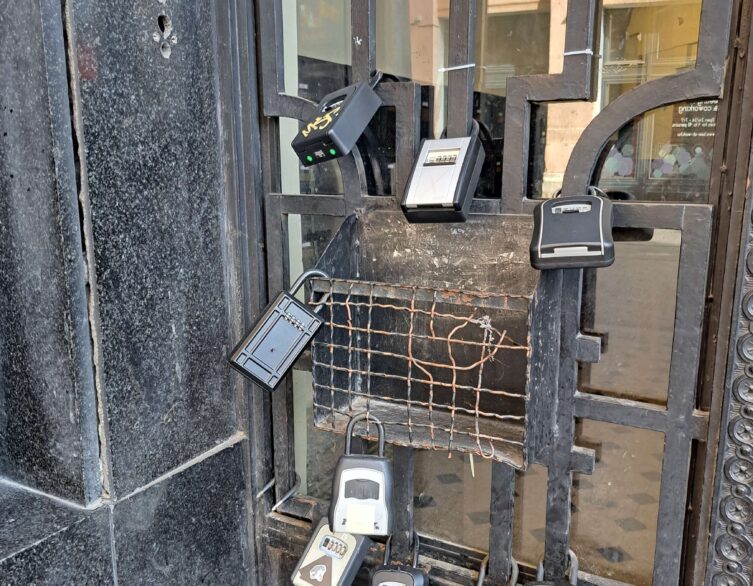The Rise of Airbnb in Budapest: A Double-Edged Sword

Hey there, folks! Let’s talk about the Airbnb scene in Budapest. It’s been quite a ride lately, with the short-term rental market taking the city by storm. The latest stats from June show that the number of available apartments on platforms like Airbnb has skyrocketed by a whopping 41% compared to last year. That’s right, almost half of the growth in just one year!
Now, you might be thinking, “That’s great for tourists looking for a cozy place to stay in Budapest!” And you’re not wrong. With more options on the market, visitors have a wider variety of accommodations to choose from. But here’s the catch: this rapid growth is putting pressure on everyone in the industry, including traditional hotels and even the Airbnb hosts themselves.
The numbers don’t lie. In the first six months of this year, private accommodations (a.k.a. Airbnbs) saw a nearly 50% increase in revenue compared to the same period last year. It’s clear that Airbnb and other short-term rental platforms are driving a significant portion of Budapest’s tourism growth. But with this growth comes challenges.
Best deals of Budapest
As the supply of Airbnb listings continues to rise, it’s becoming a seller’s market. This means that hosts might have to lower their prices or face lower occupancy rates to stay competitive. It’s a tough balancing act, and it’s affecting everyone in the industry.
But the Airbnb debate doesn’t stop there. In Budapest’s 6th district, Terézváros, residents are gearing up for a decisive vote on whether to ban Airbnb-style rentals in residential buildings altogether. The local government is giving people the choice between a complete ban or maintaining the status quo. It’s a hot topic, and the outcome could have significant implications for the future of short-term rentals in the area.
Other cities around the world are also grappling with the Airbnb question. Barcelona has announced a ban on short-term rentals starting from 2028, while New York City has already implemented restrictions as of September 2023. These examples show that the debate is far from over, and cities are trying to find a balance between the benefits and drawbacks of the Airbnb phenomenon.
So, what does the future hold for Airbnbs in Budapest? It’s hard to say for sure, but one thing is certain: the industry is in for an interesting ride. As the market continues to evolve and regulations come into play, hosts, guests, and local communities will all have to adapt. It’s a complex issue with no easy answers, but one thing’s for sure – the Airbnb story in Budapest is far from over.
Related news
















